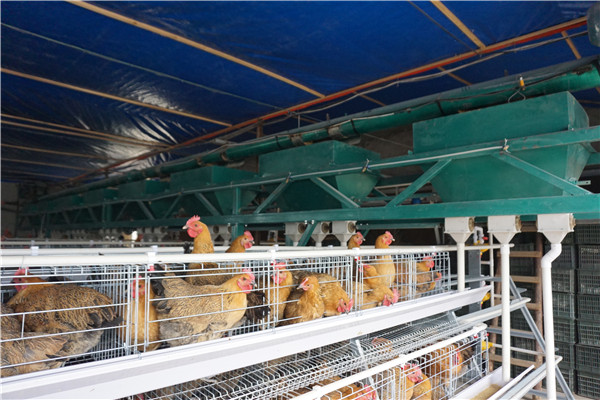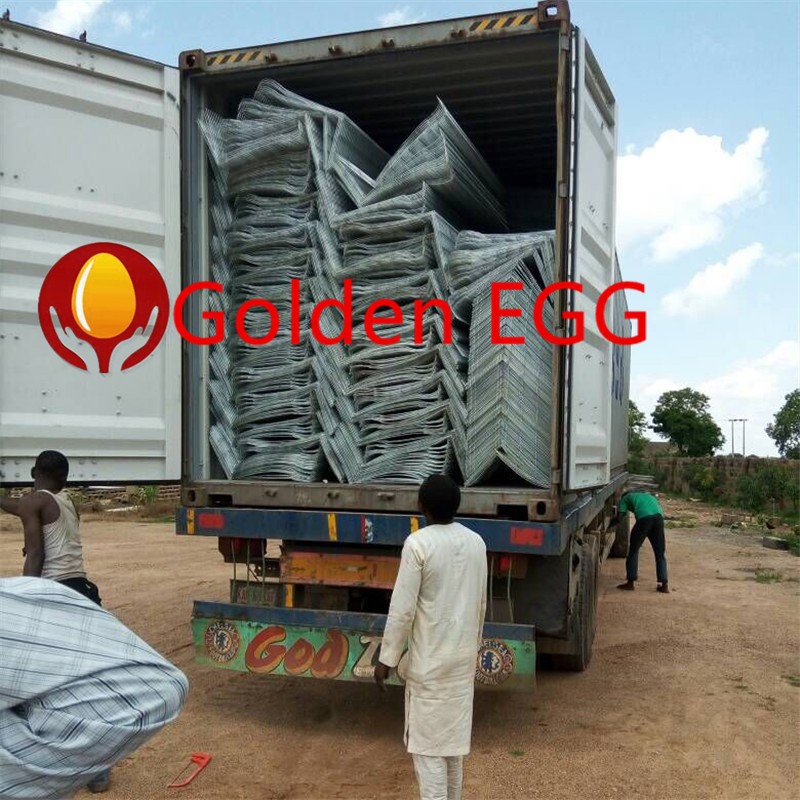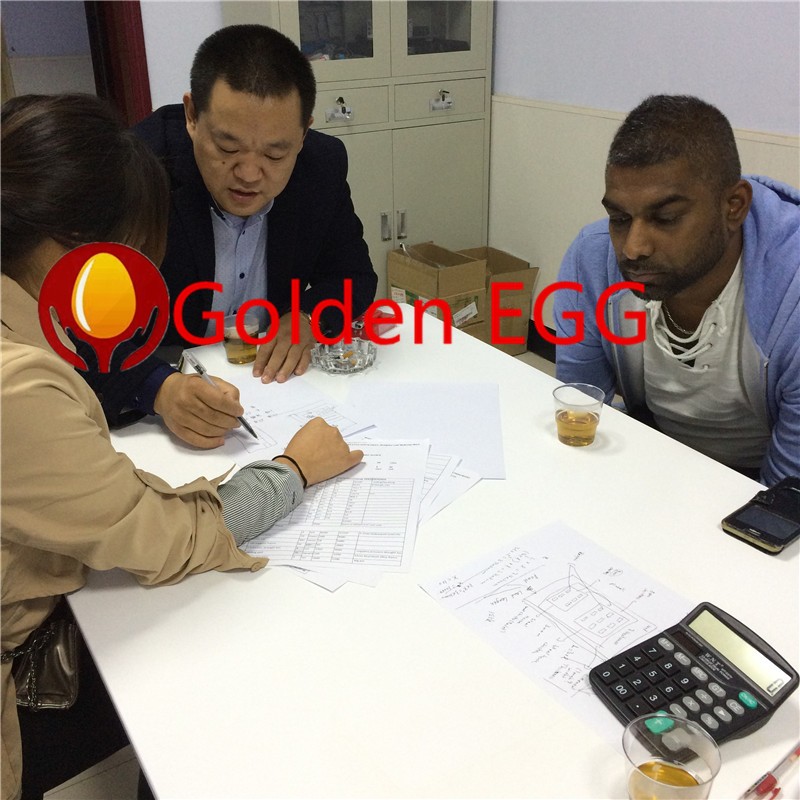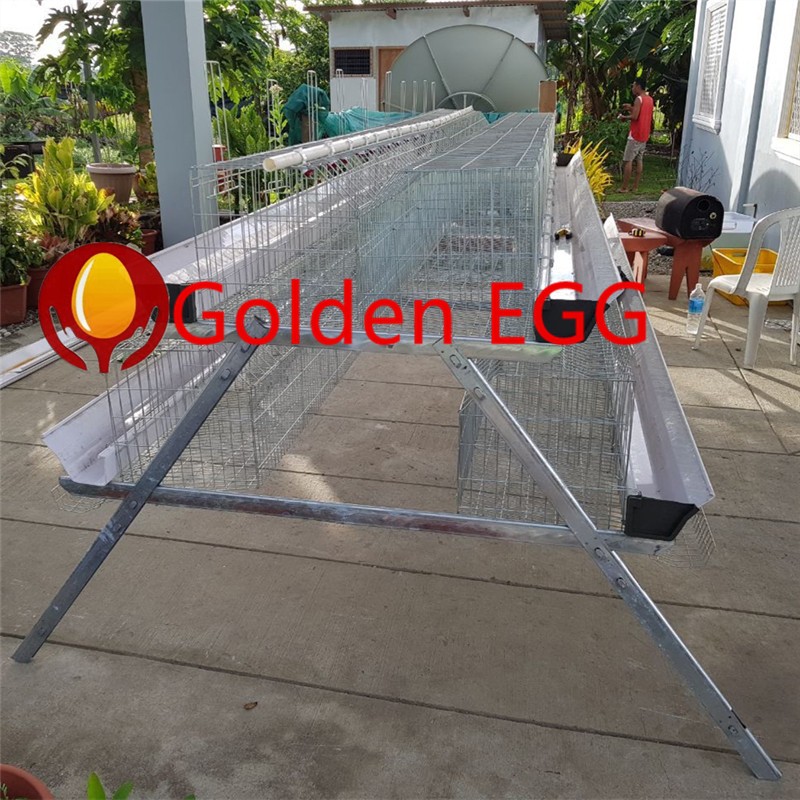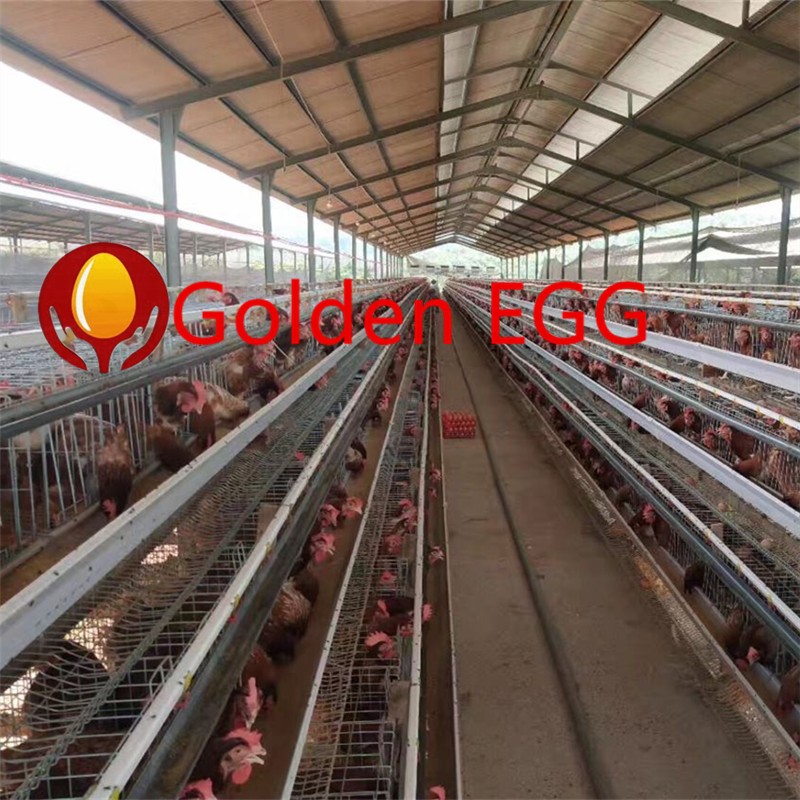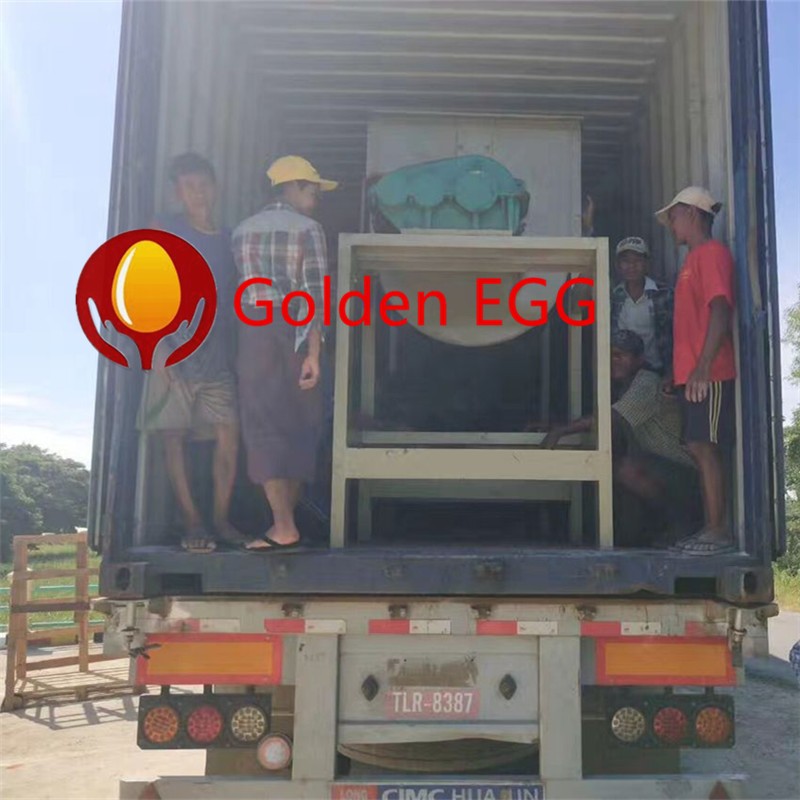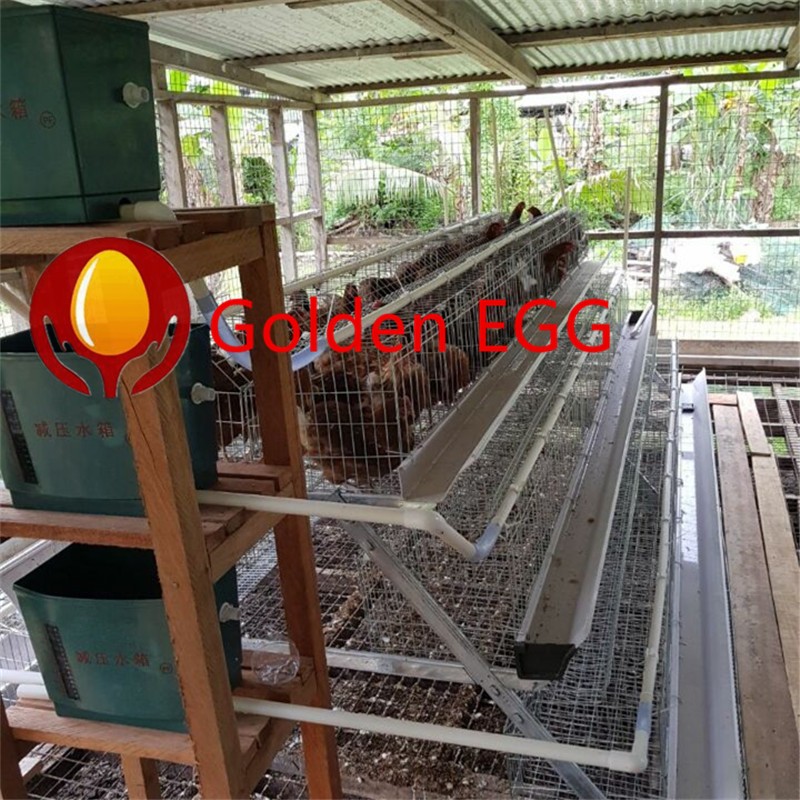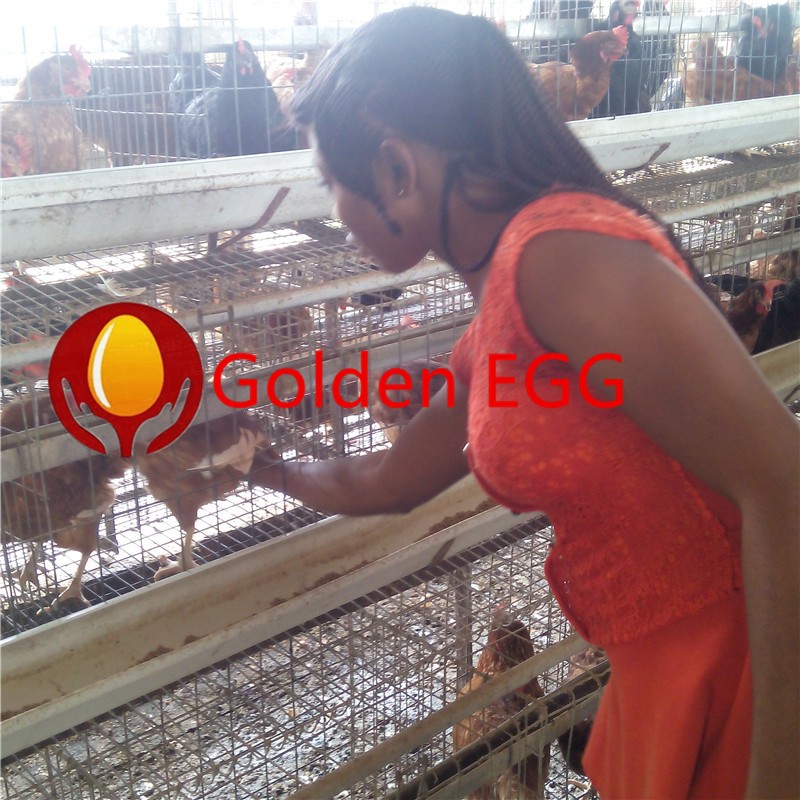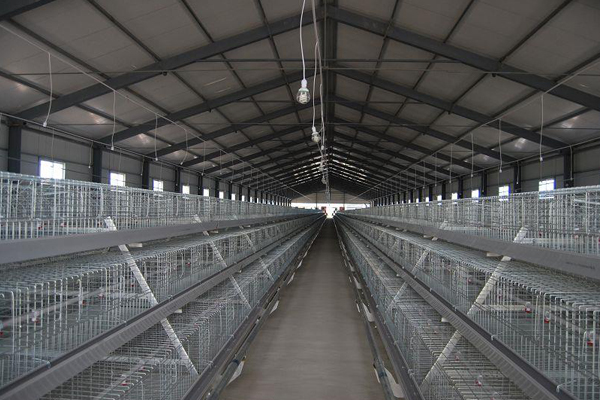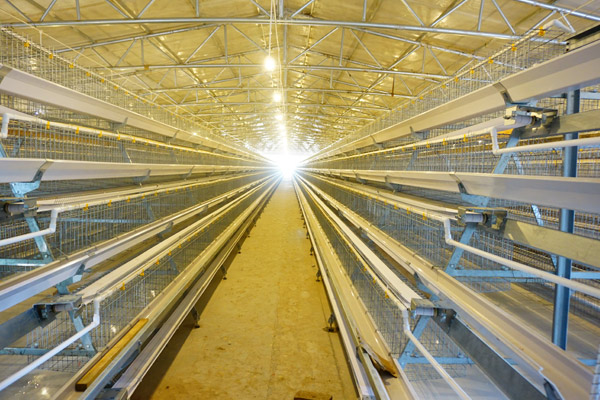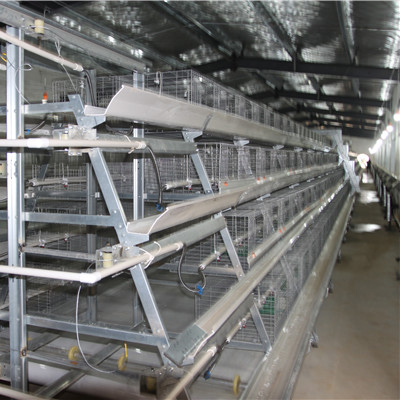Several Effective Measures to Improve Egg Production Rate in Layers in Summer
Due to the high temperature in summer, the feed intake of laying hens decreased, resulting in a decrease in the egg production rate, thinning eggshells, and reduced economic benefits. Therefore, in addition to taking the necessary measures for cooling and heatstroke prevention in summer and strengthening feeding management, the following effective measures can be taken to increase the egg laying rate of laying hens:
1. After adding fat layers to the diet, it is energy that determines the rate of egg production. Due to the decrease in feed intake of chickens at high temperatures, insufficient energy intake may affect the egg production rate. Tests have shown that when 1.5% of cooked soybean oil is added to the feed during the summer high temperature, the egg production rate can be significantly increased. Fats include animal oils and vegetable oils and are added in amounts of 1% to 3%. It is best to add a beautiful enzyme or high-energy enzyme that substitutes for oils and fats.
2. Lowering the drinking water temperature test proved that the drinking rate of 33°C and 22°C drinking water was 81% and 93% respectively. Lowering the water temperature can increase the feed intake, prevent the egg production rate from falling, and ensure the quality of the shell. In summer, the broiler can drink tap water or deep well water, which is now used to prevent prolonged outdoor exposure. In addition, to ensure adequate drinking water at high temperatures. An ice plant was added six hours before high temperature to prevent various diseases such as laying hens' hens disease (fatigue syndrome) caused by high temperatures in the summer, dying broilers, and low feed intake. It provides a good guarantee for the safety of poultry in summer.
3. Vitamin C supplementation in the diet The addition of vitamin C to the chicken diet in a high-temperature environment significantly inhibits the increase in body temperature and relieves heat stress. Experiments show that when heat stress, adding 0.02% of vitamin C in the diet can increase the egg production rate by 11.1%, reduce the shell breaking rate by 1.5%, and improve the quality of the eggs.
4. When adding baking soda at high temperature in the diet, the layer of chicken heats through the panting and exhales a large amount of carbon dioxide, which reduces the alkali storage in the body and is not conducive to the formation of egg shells. Or lead to respiratory alkalosis and increase the rate of death. The best measure is to add 0.3% to 0.5% of baking soda in layer diets after high temperature, so that the alkali storage can be increased, the egg production rate is obviously increased, the thickness of eggshell is increased, and the defective product is reduced. Both heatstroke and improved egg shell quality, increased shell thickness, reduced egg breakage
